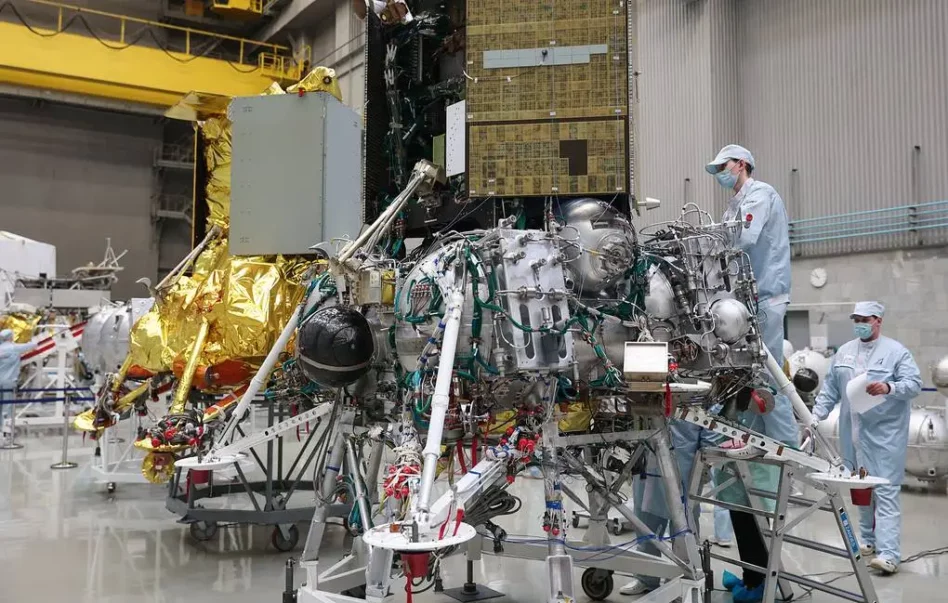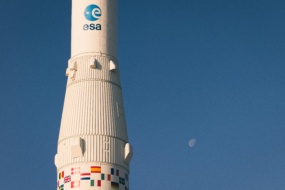A faulty onboard control system was behind the Luna-25 hard landing on the Moon last month, Russia announced yesterday.
During Luna-25’s pre-landing lunar orbital transfer maneuver, an accelerometer failed to properly send a signal to the onboard control system. As a result, the controls failed to switch off the propulsion system in a timely manner, Roscosmos explained in a statement on Telegram.
The spacecraft’s thrusters burned for 127 seconds instead of 84 seconds, inadvertently setting a direct impact course with the lunar surface.
The mission was a setback for Moscow, which is seeking to reestablish the once-dominant Russian space program with the nation’s first lunar landing in 47 years. Roscosmos has formed a set of recommendations for future missions to prevent the issue from happening again.
Charting an uncertain future: Moscow is now setting its sights on a Luna-26 mission to lunar orbit and a Luna-27 landing to drill the lunar surface. Feeling the sting of defeat, Roscosmos chief Yury Borisov is accelerating the urgency behind those programs, saying, “I believe that by stepping up work on the Luna-26 and Luna-27 missions, we will receive the results that we unfortunately weren’t able to get from the Luna-25 mission.”
At the same time, the space agency is plotting out an even more ambitious program: a Russian Orbital Station in LEO to replace the ISS. Russia is soliciting participation from Brazil, Turkey, and South Africa—but has yet to receive commitments.




